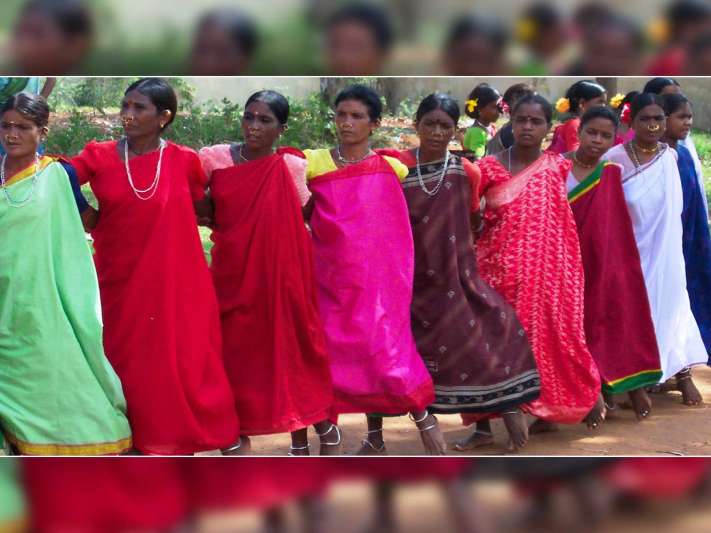There’s a misconception that those leading a simple life, away from the hustle and bustle of city life, are less immune to stress. But a recent study by the Indian Council of Social Science Research (ICSSR) and Andhra University indicates otherwise.
Psychological and physical ailments plague the lives of tribals that lead a low quality of life in the Araku valley. There are around 32 lakhs of tribals in Andhra Pradesh with 1.5 lakh of tribal populating residing in Araku alone. The development projects undertaken in and around their localities have caused problems for the tribals, causing them to experience stress. Land alienation, destruction of forests, onslaught of market economy, influx of non-tribals in their region, discrimination, neglect, exploitation, problems of rehabilitation and unemployment are at the root of their stress.
Due to their lifestyle and more, they are left vulnerable to diseases, malnutrition, poor hygiene, tobacco and alcohol consumption, morbidity and mortality. When the mental health disorders these tribals face are untreated, it results in school dropouts, college failures, conflicts within family and work, drug and alcohol abuse, crime, violence and suicide.
The two year-long study titled ‘Prevalence of somatic symptoms, mental health and quality of life of tribes in Araku Valley: Development of culturally relevant psychological intervention’ is undertaken by professor MVR Raju from AU’s Psychology department. The study that was submitted in 2016 consisted of 500 samples, of which, 403 were screened and found to belong to the category of having mental problems, fatigue, emotional distress and a low level quality of life.
The samples were of tribals aged between 20 and 65, with variables chosen for the study that included education, occupation, income, number of children and marital status.










Discussion about this post